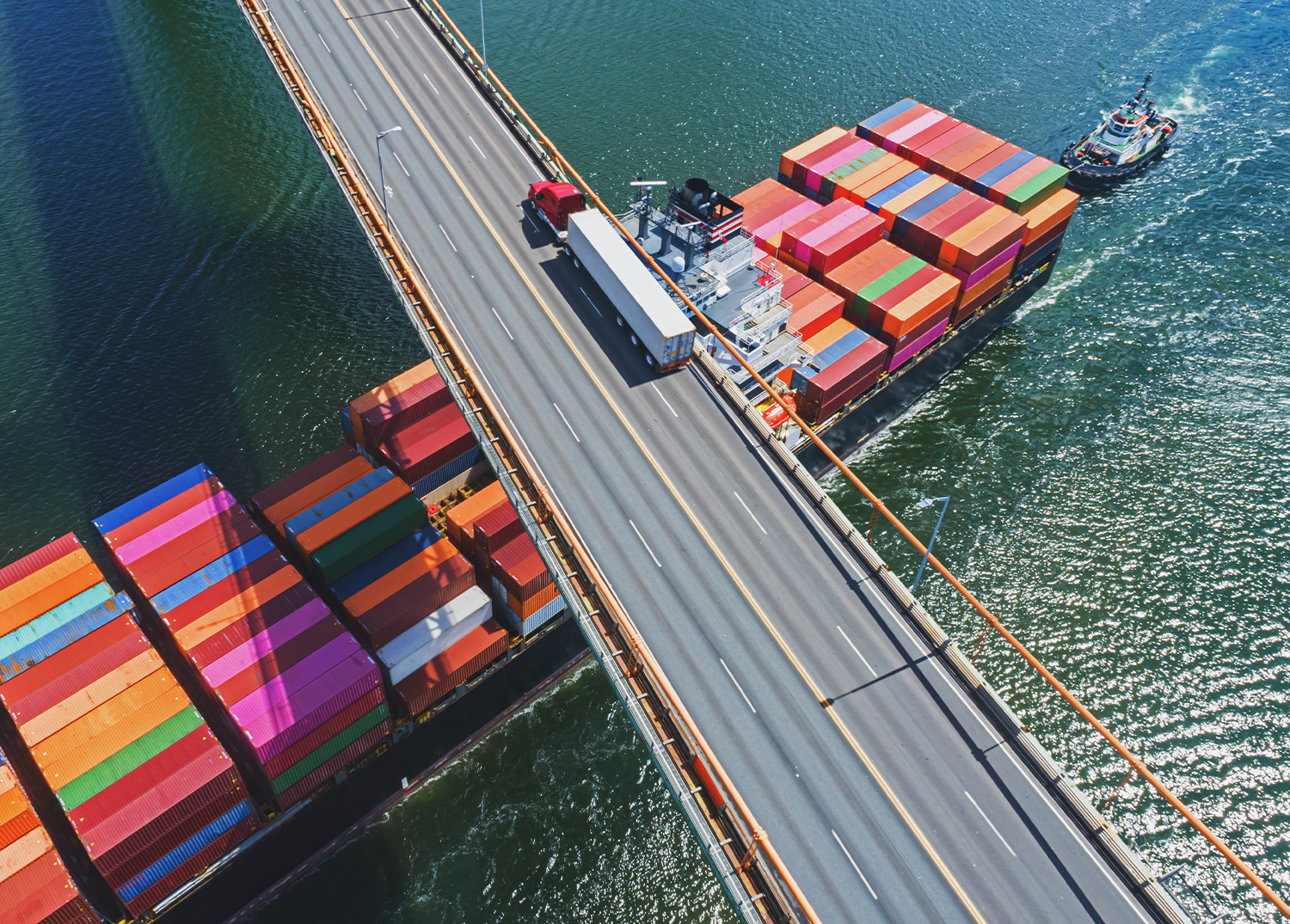Blog /
Business Travel in a Global Economy: Do You Know the Rules?
Business Travel in a Global Economy: Do You Know the Rules?
This featured blog was provided by CIBT. Compliance when traveling refers to the practice of adhering to the policies, regulations,...

This featured blog was provided by CIBT.
Compliance when traveling refers to the practice of adhering to the policies, regulations, and guidelines in place for crossing into foreign countries. It can cover both entry and health requirements for leaving Canada, transiting through a foreign country, and can include those at the destination. Connecting flights in other countries may require the traveler to obtain a transit visa depending on the nationality of the passport and the location of the connecting airport, even if the traveler is just moving between aircraft. Maintaining compliance ensures travelers follow the rules and regulations to minimize risk to themselves and the organization they may be representing.
There could be differences in laws and regulations for various activities, either for business or leisure. Non-compliance can lead to legal consequences such as fines, penalties, and in some cases, criminal charges. At the same time, compliance with foreign government regulations and expectations can help businesses build stronger relationships with their host countries and local partners. This can lead to increased trust and more successful business deals for commercial travelers. Compliance also helps to protect confidential information when traveling overseas. Countries may have different data protection laws and levels of security, so non-compliance can lead to exposure of sensitive information.
For individual travelers, choosing the wrong visa type for the activities they plan to do in a foreign country can cause issues at the border. Some countries have strict immigration policies and regulations on what a traveler can and cannot do in their country based on the type of visa they hold. Failure to comply with these rules can lead to denial of entry, deportation, fines, or even legal action. Travelers should carefully review the visa requirements for the country they plan to visit and make sure that they have the correct visa type and all necessary documentation. For example, a Canadian who is traveling to the US for a conference does not need to apply for a visa; however, there are certain documents they should have readily available if asked for by the border agent.
Even with the correct visa type and information, border agents may still scrutinize traveler’s documents and ask questions to verify their travel plans. Therefore, travelers should always carry their travel documents with them while traveling and be prepared to answer any questions from border agents. By following the correct procedures and providing accurate information, travelers can ensure a smooth and hassle-free experience at the border. If the visa holder is found to have the wrong type of visa or to have provided false information on their application, they may be denied entry at the border.
In summary, compliance is essential for business travel with foreign governments to prevent legal consequences, ensure safety and security, maintain strong relationships with host countries, and protect confidential information. Maintaining compliance can also provide a competitive edge in the market by establishing a good reputation for the business. Travelers can avoid legal risks and maintain good standing with the host government by using a trusted service provider. CIBT has become the preferred compliance provider and global leader for international activities and trade.
Related News

Protected: What We Heard: Key Takeaways from the Natural Resources Tour “Charting the Path”

What We Heard: Delivering Connected Care for Canadians




